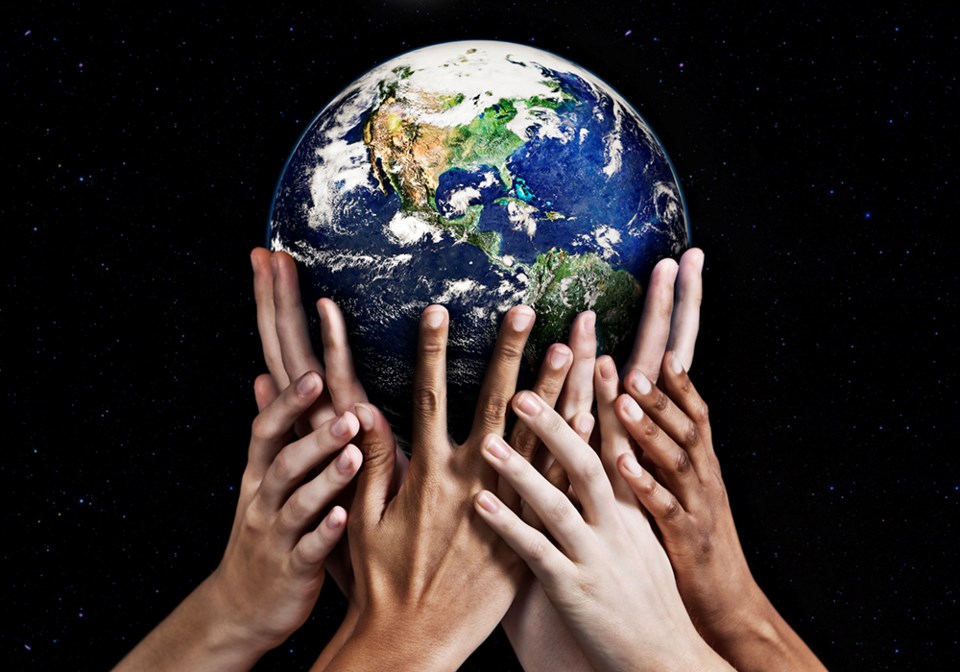Reduce, Reuse, Recycle. These three notes chime through the air whenever there’s talk of going “green.”
Like an old jingle they may sound flat, uninspired. For some, they might even stir up images of living in a broken-down bus, wearing secondhand, moth-eaten sweaters and sorting recyclables that will end up in the garbage.
It’s understandable to have a healthy dose of distaste or skepticism for the golden standard of the 3Rs. It would almost be a refreshing surprise not to. There are plenty of influences out there dampening down the excitement of aligning with these basic ways of relating to our stuff.
Is there a way to reinvigorate these principles, to open up the windows and freshen the stale air around them? We think so.
Reduce essentially means simplify – to streamline what we bring into our closets, garages and lives in general. Many are adopting minimalism without much consideration that it takes pressure off the planet. Less stuff, they realize, often translates to more time – a commodity that can’t be bought.
The cost of living is influencing downsizing, too. The happy trickle-down results of owning less also include being more organized, spending less time cleaning and repairing, and feeling less worried about protecting belongings. Reducing what we bring into our homes can happen by taking better care of what we already have – preventing food waste by freezing leftovers or having an “eat me first” shelf in the fridge, for instance.
When we choose to bring something “new-to-us” into our lives, the second R comes into focus.
Reuse infuses worth into anything that isn’t brand new. It rejects the notion that new is necessarily better. Instead, it values the story of the things we own. A grandfather’s watch. A best friend’s sweater. A vintage lamp.
Rather than thinking of anything as disposable, a culture that values reuse takes pride in making things of quality that will stand the test of time. Thrift stores, consignment shops and used building supply hubs are easy venues helping us keep perfectly good creations in circulation.
Clothing swaps, free boxes, donations to charities, or even putting things up for sale are some of the many ways to keep items out of the landfill and in use.
What about the much-maligned third R, recycle?
The natural world honours resources and loops them back into use. Leaves photosynthesize meals for trees, become shelter for insects on the ground, then compost into food for microbes and ultimately, even, the tree itself.
Using something once reflects a lack of imagination and is against our very nature. Upcycling anything otherwise heading to the trash feels pretty great and when that proves unrealistic, recycle it. BC hosts an impressive 22 recycling programs, including ones for car tires, paint, light bulbs, small appliances and yard waste.
However we call to mind the many ways we can take care of the earth; what matters most are our actions, not our catch phrases. We all know the earth is taxed by our presence. Let’s tread more lightly by demanding less and giving back more.
Let’s Talk Trash is qathet Regional District’s waste reduction education program. For more information, email [email protected].



